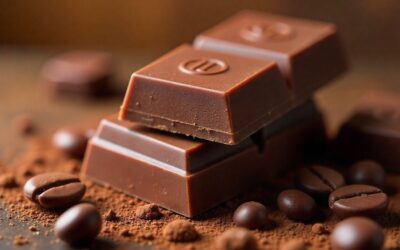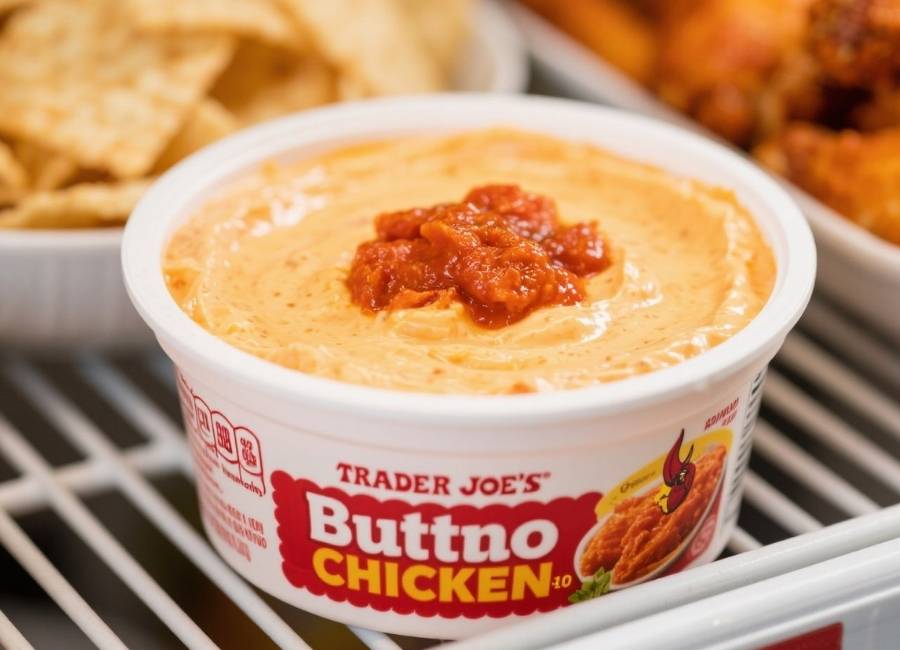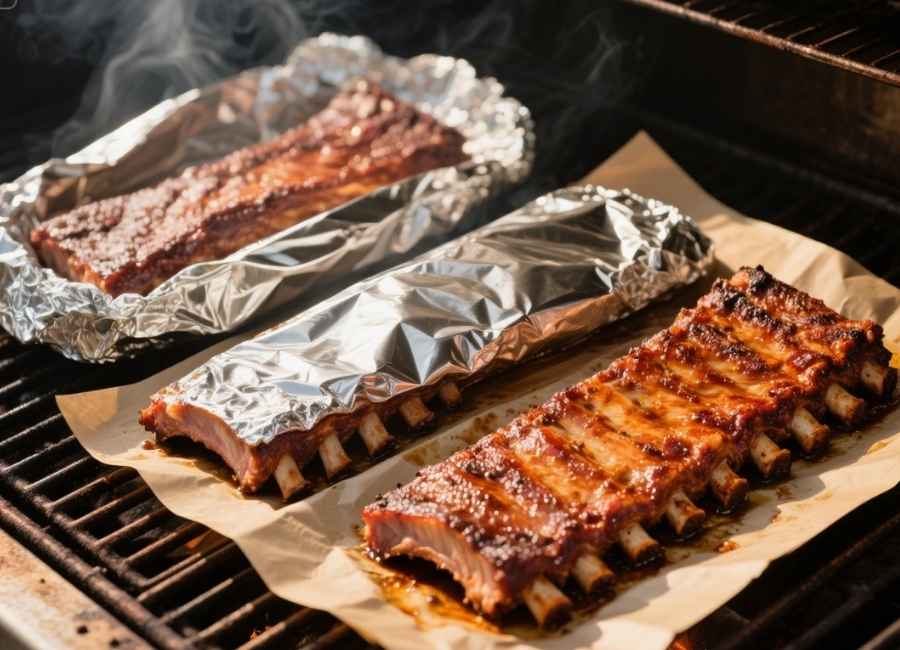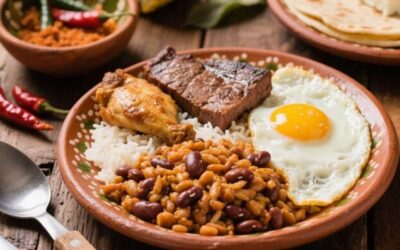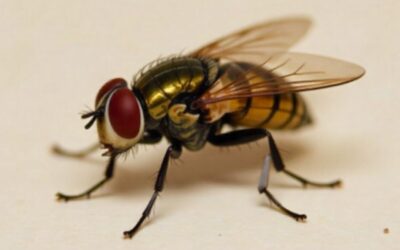Mocha chocolate is a favorite among coffee and chocolate lovers, blending the best of both worlds into a rich, indulgent treat. Yet, one common question that arises is this: Does mocha chocolate contain caffeine? If so, how much? Caffeine-conscious consumers often wonder whether indulging in this delicious combination will give them a jolt of energy or leave them tossing and turning at night.
This blog post will answer these questions, provide insights into the caffeine content in mocha chocolate, and help you understand how this delightful treat fits into your overall caffeine consumption. Whether you’re mindful of your caffeine intake or simply curious, we’ll guide you through everything you need to know about mocha chocolate and caffeine.
What Is Mocha Chocolate?
To understand the caffeine content, first, we must clarify what mocha chocolate is. Mocha chocolate typically refers to a blend of coffee and chocolate flavors used in beverages, desserts, or confections. On its own, “mocha” is derived from “Mocha coffee,” named after the port city of Mocha in Yemen, known for its high-quality coffee beans with a naturally chocolatey undertone.
When coffee is mixed with chocolate (often in the form of cocoa or syrup), it creates the iconic mocha flavor profile. This combination is amazingly versatile, found in items like mocha lattes, chocolate-coated espresso beans, and mocha desserts, to name just a few.
Does Mocha Chocolate Have Caffeine?

The simple answer is yes, mocha chocolate does contain caffeine. However, the amount of caffeine depends on the specific ingredients and preparation method. Let’s break down the primary caffeine contributors in mocha chocolate mixtures.
1. Caffeine from Coffee
Coffee is one of the most well-known sources of caffeine. If mocha chocolate is in beverage form, such as a mocha latte or a mocha cappuccino, the caffeine content will largely depend on how much coffee is included. For instance:
- A shot of espresso (commonly used in a mocha latte) contains approximately 64 mg of caffeine.
- A brewed 8 oz cup of coffee, if used instead of espresso, can contain between 70 mg and 140 mg of caffeine.
2. Caffeine from Chocolate
Chocolate, made from cocoa beans, contains a smaller amount of caffeine compared to coffee. However, its contribution can vary based on the type of chocolate:
- Dark chocolate (70–85% cocoa) contains more caffeine, typically 12 mg per ounce.
- Milk chocolate has significantly less caffeine, around 5–6 mg per ounce.
- White chocolate, on the other hand, contains no caffeine since it is made from cocoa butter without cocoa solids.
If the chocolate in a mocha treat is dark and rich, it adds a subtle amount of caffeine that can complement the coffee’s levels.
Combined Impact
When coffee and chocolate come together in a mocha product, their respective caffeine contents are added together. For example:
- A typical 12 oz mocha latte from a coffee shop can have 85–120 mg of caffeine, depending on the ratios of coffee and chocolate used.
- A mocha-flavored dessert with dark chocolate as a core ingredient might contain around 15–25 mg of caffeine per serving, while milk chocolate treats will have even less.
Does Mocha Chocolate Have Enough Caffeine to Give You Energy?

For many people, mocha chocolate products (especially beverages like mocha lattes) do provide a gentle boost of energy due to their caffeine content. However, the intensity of that boost varies by consumption size and your personal caffeine sensitivity.
- Light Caffeine Tolerance: If you’re not a regular coffee drinker, even a single shot of espresso in a mocha latte could give you a noticeable pick-me-up.
- Regular Caffeine Consumers: For seasoned coffee lovers, the caffeine in mocha chocolate might feel mild, offering just a subtle energy boost rather than an intense jolt.
Keep in mind that factors such as metabolism, timing, and how much food you’ve eaten alongside the mocha can influence the effects of caffeine.
Mocha Chocolate and Its Relationship to Sleep

Coffee-based mocha beverages consumed later in the day may disrupt your sleep if you’re sensitive to caffeine. To avoid this, consider these alternatives:
- Ask for a decaf mocha latte, which uses decaffeinated espresso.
- Opt for mocha-flavored hot chocolate with no coffee added. This will still give you the classic mocha taste without the high caffeine content.
- Choose mocha-flavored desserts like cookies or brownies, as their caffeine levels are typically much lower than beverages.
These options allow you to enjoy mocha chocolate without worrying about its potential impact on your rest.
Why Is Understanding Caffeine Content Important?
Knowing how much caffeine is in your favorite mocha chocolate treats can help you make informed choices based on your health, lifestyle, and preferences. Excessive caffeine intake can cause negative effects, such as jitteriness, rapid heartbeat, or difficulty sleeping. According to the FDA, most adults can safely consume up to 400 mg of caffeine per day, which is roughly equivalent to four 8 oz cups of coffee.
By being aware of how mocha chocolate contributes to your daily caffeine intake, you can enjoy it responsibly without exceeding your limits.
Who Should Be Cautious About Caffeine?

While most people can safely enjoy mocha chocolate in moderation, certain groups should be more mindful of their caffeine consumption:
- Pregnant Individuals: Experts recommend limiting caffeine to 200 mg per day during pregnancy to reduce risks.
- Children and Adolescents: Caffeine intake should be minimized for younger individuals as it may interfere with developmental processes.
- Those with Medical Conditions: Individuals with specific conditions (like certain heart disorders or caffeine sensitivity) may need to avoid or limit caffeine.
Indulge in Mocha Chocolate in Moderation
Mocha chocolate is a truly delightful treat. Whether you’re sipping on a frothy mocha latte or savoring a rich mocha brownie, it’s important to be mindful of the caffeine it contains. By doing so, you can continue enjoying your favorite indulgences without unwanted side effects.
If you’re craving mocha chocolate but need a lower-caffeine or caffeine-free option, don’t forget there are decaf and white chocolate alternatives available. The key is to balance your love for mocha with an awareness of its caffeine contribution.










